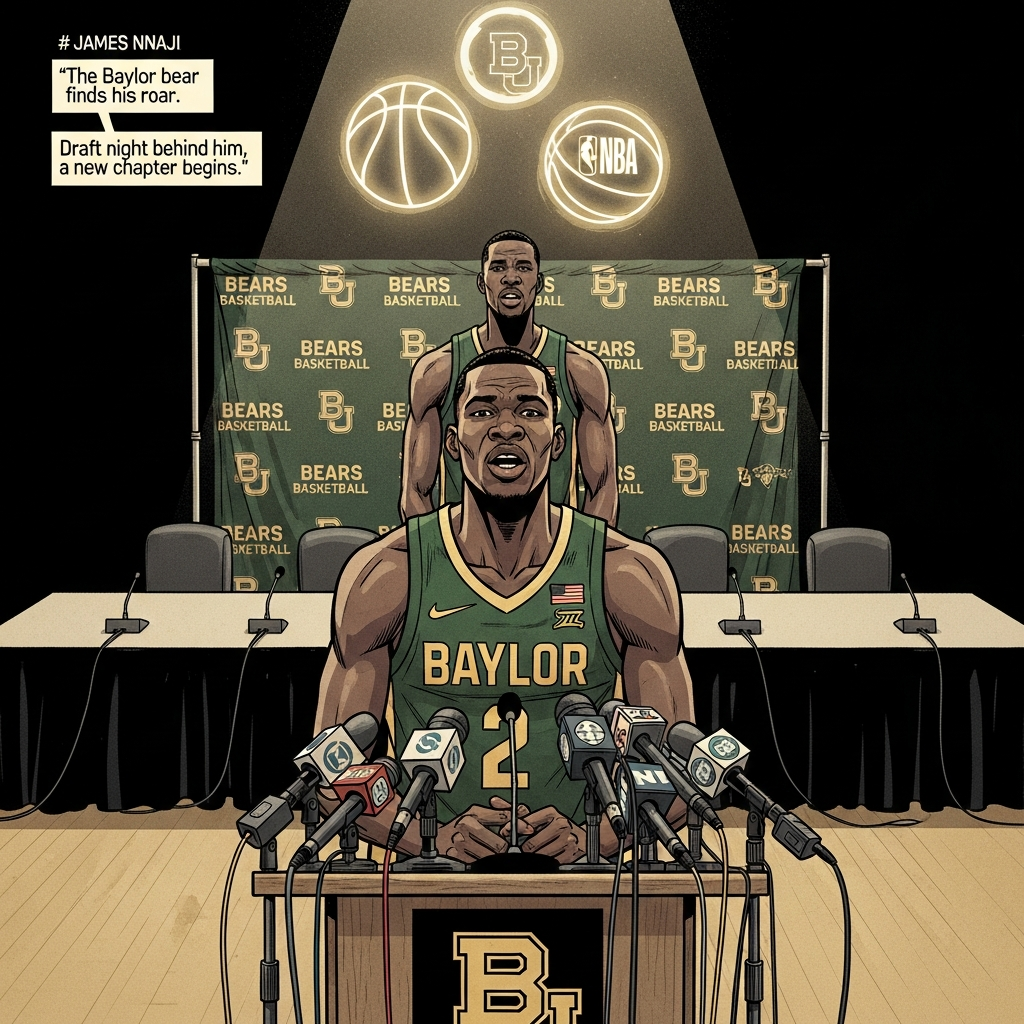The tectonic plates of the Los Angeles lakers organization are shifting, and a recent contract decision by LeBron James has sent a clear signal about the franchise’s future cornerstone: Luka Dončić. This isn’t just another offseason move; it marks a profound strategic pivot for the Lakers, one that was underscored by a revealing moment involving James and his longtime agent, Rich Paul.
When news broke that James would pick up his $52.6 million player option for the upcoming season, the reaction wasn’t the usual frenzied anticipation of James wielding his immense leverage. Instead, the organizational response was akin to a shrug. Paul’s explanation of the decision — stating that James understands the Lakers are building for the future while he still aims for championships, and emphasizing the need to evaluate what’s best for him “at this stage” — carried a tone that in previous years might have raised red flags. Now, it simply solidified what insiders already understood: James’ leverage isn’t what it once was, and that transformation is intrinsically tied to the presence of Dončić.
The Dawn of the Dončić Era
The shift towards Dončić didn’t happen overnight. His acquisition via a trade brought a generational talent to Los Angeles, immediately signaling the Lakers’ commitment to building around him for the long haul. This strategic reorientation was further highlighted by the recent $10 billion sale of a majority stake in the franchise to Mark Walter. Dončić himself reacted positively to the news, expressing excitement for the future under the new ownership and appreciation for the Buss family’s role. This public endorsement from the team’s presumed future leader reinforced the narrative that the franchise’s direction is now firmly centered on his trajectory.
LeBron’s decision to opt in, rather than seeking a long-term extension, is a direct consequence of this strategic pivot. Team sources indicate that no discussions took place regarding deals that would have added years to James’ tenure in Los Angeles. While James’ camp had previously signaled no interest in a discount, the Lakers, out of respect, didn’t propose one. The underlying truth is that a max-salary commitment to James beyond the next season was deemed strategically unwise internally.
Why flexibility Trumps Loyalty
The primary driver for this approach is maintaining maximum financial flexibility. Under the NBA’s new Collective Bargaining Agreement, particularly the punitive second-apron penalties, having clean books is paramount. This flexibility is crucial for navigating the evolving league landscape, where elite talents might become available. The rigid cap environment under the new rules could potentially force teams into difficult decisions, even involving superstar players like Giannis Antetokounmpo or, hypothetically, Nikola Jokić, as discussed by league executives. A team locked into expensive, long-term deals faces significant hurdles, effectively being disqualified from pursuing such opportunities.
The Lakers need to be nimble to potentially add another co-star alongside Dončić once the James era concludes. This forward-thinking approach is the engine driving their current roster management decisions. It’s a strategic move, not a personal one, focusing on the optimal path for sustainable success with Dončić leading the way.
The Austin Reaves Factor
Another critical piece of this complex puzzle is Austin Reaves. The 27-year-old guard recently declined the maximum four-year, $89.2 million extension the Lakers could offer, setting him up for unrestricted free agency next summer. If the Lakers plan to retain Reaves a year from now, they will likely face a much larger contract demand. Having financial flexibility is essential to absorb a potential nine-figure deal for Reaves. Even if they explore trading him this summer for another impactful player, the need for future salary cap wiggle room persists to potentially retain that acquired talent. Reaves’ situation underscores the high stakes and careful balancing act the Lakers front office is undertaking to position the team for the post-LeBron future centered on Dončić.
Beyond the core strategic imperatives, the Lakers are also focused on moves that will keep Dončić confident in the plan. This includes decisions regarding players like Dorian Finney-Smith, who opted out of his deal. Retaining key role players or finding suitable replacements is vital for immediate team chemistry and demonstrating a commitment to building a competitive roster around their new superstar. Getting the Mark Walter era off to a strong start means prioritizing moves that directly support Dončić and the long-term vision.
LeBron’s Perspective on the Transition
From LeBron James’ vantage point, opting into his contract this season also makes strategic sense, even as the organizational focus shifts. While the Lakers aren’t immediate title favorites, a full season featuring Dončić, James, Reaves, and the existing core provides potential for growth. He gets to play another season with his son, Bronny, remains in his preferred Los Angeles location, and can evaluate his future next summer. His remarkable legacy is already cemented, giving him the freedom to navigate this transitional phase on his own terms.
Rich Paul’s comments, while framed as evaluating LeBron’s next steps, simultaneously give cover to the Lakers’ organizational shift. It allows the team to move forward with its long-term strategy, prioritizing flexibility and Dončić’s future, without creating unnecessary friction with their current superstar. The partnership is appreciated, but the road ahead is being paved for a different driver. This season will be a fascinating study in managing a championship icon’s final chapter while decisively ushering in the era of his successor. The Lakers are no longer building for LeBron; they are building around Luka, and James’ contract decision is the clearest sign yet.
Frequently Asked Questions
What does LeBron James’ contract decision mean for the Lakers?
LeBron James picking up his $52.6 million player option for the 2024-25 season signifies the Los Angeles Lakers are prioritizing financial flexibility for the future. It indicates the team did not engage in talks for a long-term extension and views this upcoming season as potentially James’ last, allowing them to clear significant salary cap space and maintain roster building options around Luka Dončić after this year.
How did Luka Dončić joining the Lakers impact the team’s strategy?
Luka Dončić’s arrival via trade fundamentally changed the Lakers’ long-term strategy. The team is now firmly focused on building around the younger superstar for the next decade. This includes prioritizing financial flexibility, as seen with LeBron James’ contract decision, to acquire future talent to pair with Dončić and position the franchise for sustained success under the new Mark Walter ownership.
Why is financial flexibility important for the Lakers’ future with Luka Dončić?
Maintaining financial flexibility is crucial under the NBA’s new collective bargaining agreement, particularly due to severe second-apron penalties. Having salary cap room allows the Lakers to potentially pursue other star players who may become available in the future and provides flexibility for managing key contracts like Austin Reaves’, positioning the team to build a championship contender around Dončić.


